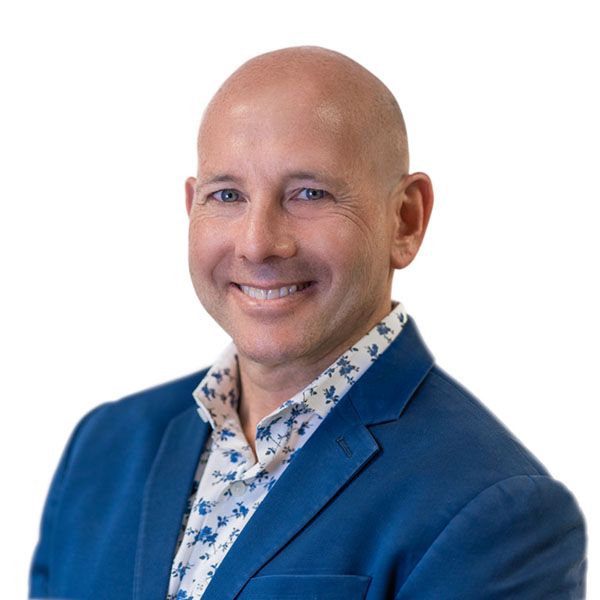What to Say to a Recovering Addict
It can be difficult to truly understand what a recovering addict is going through if you’ve never experienced it yourself. Learning about how addiction works can get you a step closer to understanding what they are going through, but addiction seems to manifest differently in each person causing their personal experience to change. What to say to a recovering addict will be discussed in this article so that you can show your support for their recovery, and help them in any way that you can.

What to Say to a Recovering Addict to Support Them – and What to Avoid Altogether
Want to help a friend or relative struggling with addiction? Click here to learn 7 ways you can help.
With relapse rates of between 40 and 60 percent for people attempting to get through their first year of sobriety, a recovering addict needs all the love and support they can get to beat the disease.
The following are some of words of encouragement for a recovering addict along with what not to say to a recovering addict:
Listen and Believe in What They Say
It’s easy to have preconceived ideas about someone’s addiction problems. However, these can be barriers to making a real connection or being supportive. Whatever they might tell you about their past drug-abusing days, believe it even if it is a bit shocking. Be open-minded and listen carefully to what they say while withholding your judgment because these are things of their past.
Don’t Downplay What’s Being Said
One of the things on what not to say to a recovering addict when they are telling you about their past addiction is to deny or downplay it. This only serves to compound to the embarrassment that they feel when they talk about their substance-abusing past.
Assist Them with Creating a New Lifestyle
One of the things that can make recovery difficult is finding new things to do in your life that doesn’t involve substance abuse. Many of the activities that used to be enjoyed, such as going to the bar for an alcoholic, are no longer viable options as they can be a trigger causing cravings and potential relapse. Addicts tend to avoid these situations but this leaves them with an empty space that needs to be filled with new activities.
What to say to a recovering addict can be along the lines of “would you like to do something fun today?” and suggest activities that you can both enjoy, such as going fishing or seeing a movie in the theatre.
Don’t Add to Their Triggers
One of the things on what not to say to a recovering addict is suggesting that they have a little bit of a substance, like having just one drink. It is best not to ask them to go to any place that may trigger cravings, such as a house party or a bar. If you encourage a recovering addict to have a substance just one last time, it can send them back into a spiral of substance abuse that may ultimately cost them their lives.
Find Out How They Are Doing
Everybody has frustrations and stress that builds up from day to day. Addicts, just like all of us, need someone to talk to about things that are bothering them currently, even if it’s just as someone who listens and doesn’t offer a solution. Ask your friend or loved one in recovery how they are doing and be willing to listen to what they have to say in a supportive role.
Don’t Always Bring it Back to Their Sobriety
What to say to a recovering addict should not always refer back to their sobriety and addiction. It’s best to avoid terms related to sobriety as it is the elephant in the room and there is no need to constantly bring it up; they are mostly just dealing with normal, daily struggles that we all have.
Make Yourself Available
Support is one of the most important things in a person’s recovery. What to say to a recovering addict should include being clear that you are available to listen to their problems and needs, and you are there to offer your support. Some recovering people may need to talk about things while others may just need to know that you’re there for them.
Don’t Compare and Undermine
It can be insulting for a person to compare issues that a recovering addict is going through to things in your life. It makes sense at the time, but it’s best to rather focus on playing a supportive role than to risk undermining or belittling their experience, thus causing them to shut down.
Do Educate Yourself on Addiction
It can be easy to say the wrong thing to a recovering addict if you are unaware of how the disease works. For example, a common myth about addiction is that it is the addict’s fault for making poor choices, when in fact it is a mental disorder just like ADHD or PTSD. Educate yourself on the basic science behind addiction so that you can be in a position of understanding instead of saying the wrong thing.
Don’t Go in Blind
Common mistakes made by people who are trying to give words of encouragement for a recovering addict is saying something along the lines of “You’ve been sober for a while now; how long until you’re fully cured and we can get back to partying?”
Such a statement is short-sited because addiction is a mental disorder that has no cure and an addict will likely have to manage their symptoms for their entire life.
Do Believe In Their Recovery and Transformation
What to say to a recovering addict should include your belief in the fact that they can find joy and happiness in their life again. In fact, many addicts find even more joy and meaning in their life after becoming sober. With your support and understanding, along with their relapse prevention plan, they can achieve anything they set their minds on. Addiction isn’t a sentencing to a lifetime of misery.
Don’t Give Up on Them
Just because there is no cure for addiction, it doesn’t mean that the person is destined to relapse and struggle with sobriety forever. Understand that it may take some time for them to reach this new plateau of existence and that you’ll be there every step of the way. Don’t just give up them because they aren’t the person you remember from their drug-abusing days, but instead embrace their new life’s journey.
If you or a loved one is struggling with addiction, get help right away. Make a phone call that will connect you to a professional drug treatment center. The call you make may save your life or the life of someone you love. Call us today at (800) 429-7690.






